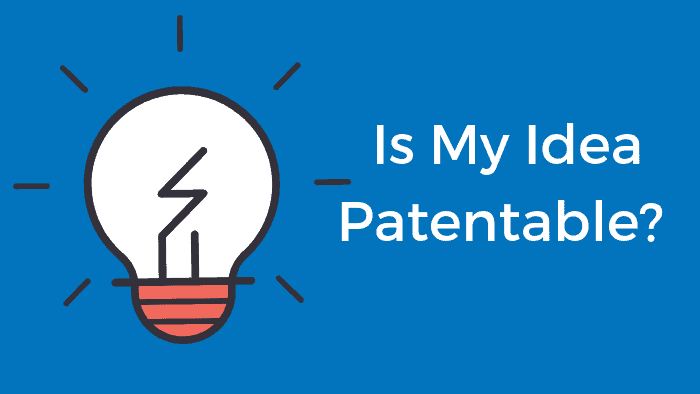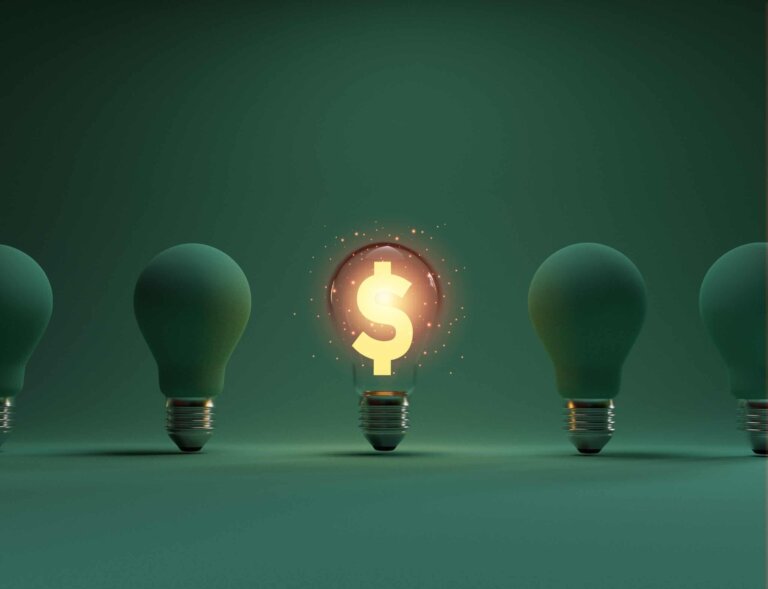
US Patent Requirement #1: Subject Matter Eligibility
Determining patent subject matter eligibility is a crucial initial step in securing a patent. This criterion is not about novelty or uniqueness; it's about making sure that your idea or innovation fits into a category deemed patentable by law. Many inventors face challenges when their creations, while innovative, don't align with...

How to Patent an Idea in 13 Steps
The real answer to this question is: you can’t.
That’s right, you can’t get a patent for an “idea” alone, not even the best idea in the world.
My name is...

US Patent Requirement #3: Utility
In the United States, the utility requirement for patent applications mandates that an invention must be practical and useful to qualify for a patent. This criterion, focusing on tangible benefits and applications, is met by most inventions, reflecting a broad acceptance of what constitutes usefulness in the realm of patent law. It...

Utility Patent vs. Design Patent
The intricacies of patents can be challenging, yet they play a crucial role in safeguarding our intellectual property. With two primary types at our disposal – utility patents and design patents – it’s essential to distinguish their unique characteristics and the varying protections they offer. This article will act as a...
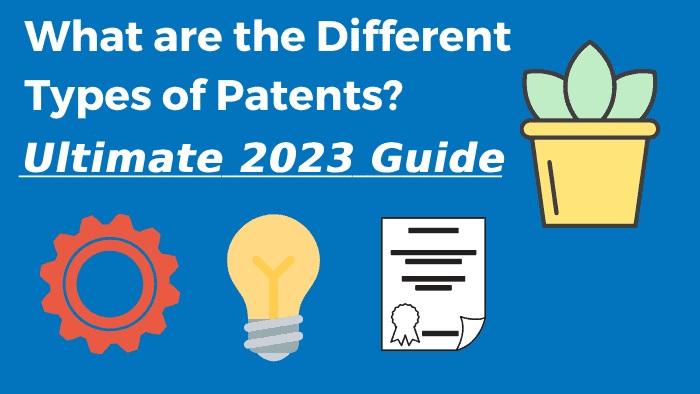
What are the Different Types of Patents? 2023 Ultimate Guide
In the world of invention and innovation, securing a patent can be the critical difference between success and missed opportunity. A patent not only safeguards your unique idea from being copied but also serves as a powerful asset for commercial growth. Understanding the types of patents available can help you make informed...
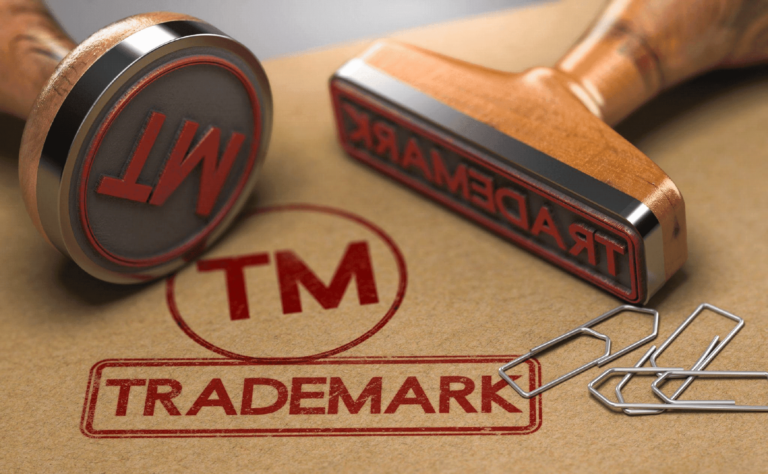
Patents vs. Copyrights vs. Trademarks vs. Trade Secrets: What Do You Really Need?

US Trademark Requirements Part 2: Use in Commerce

Comprehensive Guide to International Patent Protection
National market dominance not enough for you? Well… this is the article for you!
If your invention is likely to have market adoption/demand outside of the US, then...
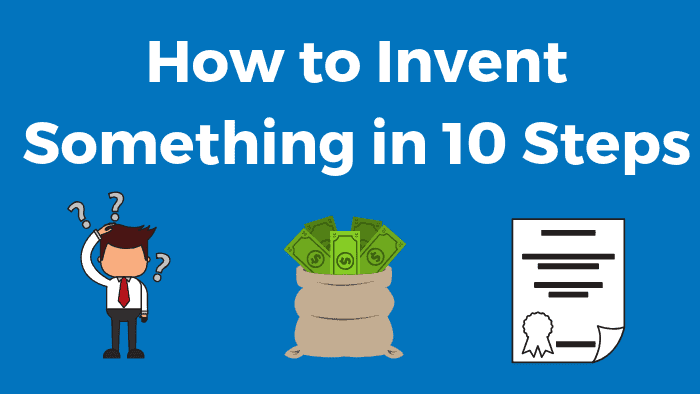
How to Invent Something in 10 Steps: Ultimate Guide

How Much Does a Patent Cost?
This process can be costly, so the next question you may ask yourself is -
“Do I need a patent lawyer? Can’t I just learn how to write a patent application and file it myself?”
We will get to...
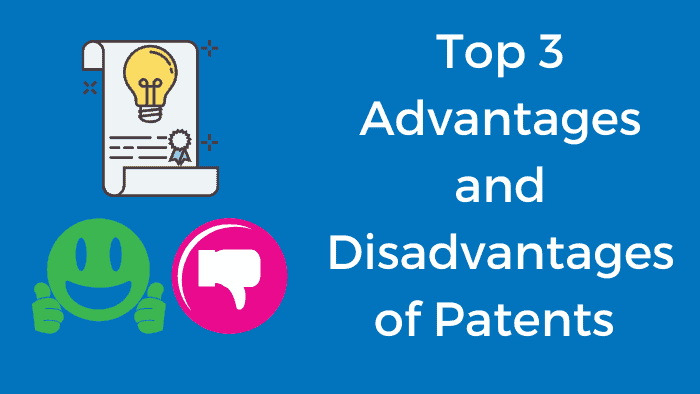
Top Advantages and Disadvantages of Patents
We hear it pretty often whether it’s from start-up companies, in the academic setting, from real investors, pitch-competitions, entrepreneurs, and even TV shows like Shark Tank™:
“Great product, but do you have a patent on it?”
There is an amazing amount of interest to “get a...
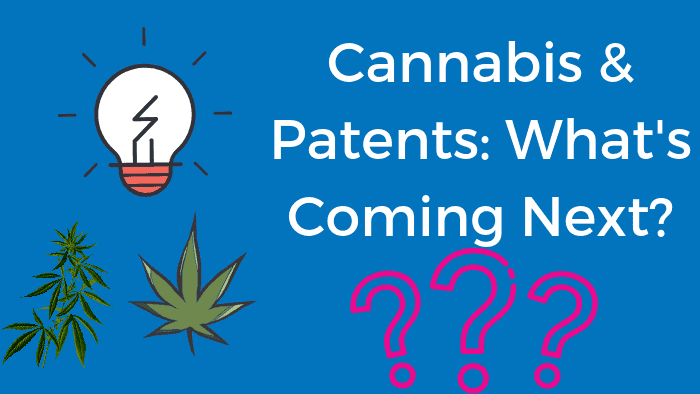
Cannabis & Patents: What’s Coming Next?
When it comes to cannabis patents… what’s eligible for patenting?
The Answer: Everything except the plant itself.
The cannabis industry is booming, and while that is old news (unless you’ve been living under a rock), the question remains: how much ‘boom’ is left?

Is My Invention Eligible for Patenting? 3 Simple Steps
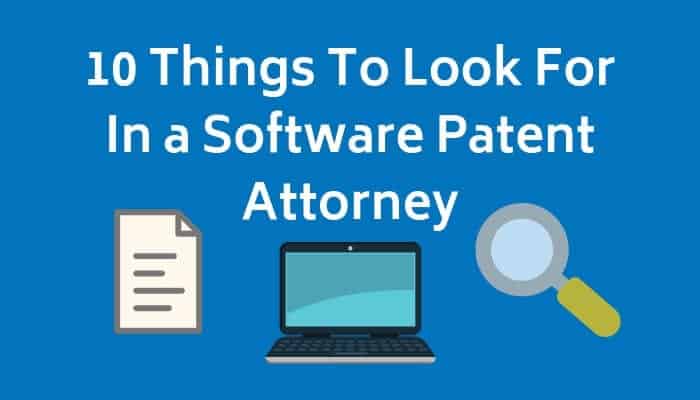
10 Things To Look For In a Software Patent Attorney
A question I receive fairly often goes something like this:
“Do you have any attorneys at your firm that specialize in software?”
In a nutshell, it really doesn’t matter whether the patent attorney has experience in the software itself or even...
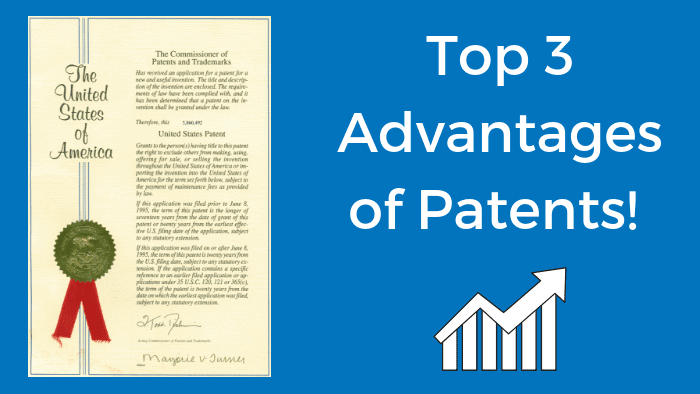
Top 3 Advantages of Patents
We hear it pretty often whether it’s from start-up companies, in the academic setting, from real investors, pitch-competitions, entrepreneurs, and even TV shows like Shark Tank™:
“Great product, but do you have a patent on it?”
There is an amazing amount of interest to...

How Long Does It Take to Get a Patent?
Yes, as many legal answers begin, “it depends”…
…But, our clients and I almost always agree it takes WAY TOO LONG!
Don’t despair, there are a lot of things that you, the inventor, and us as your Patent Attorney can do to speed this process up...

What is a Patent?
What is a Patent?
A question we get asked frequently by those looking protect and bring to market their visionary idea.
A patent is the core legal protection for inventors and their inventions. The purpose of a patent is to provide protection to an inventor with the necessary time and space to make, use...
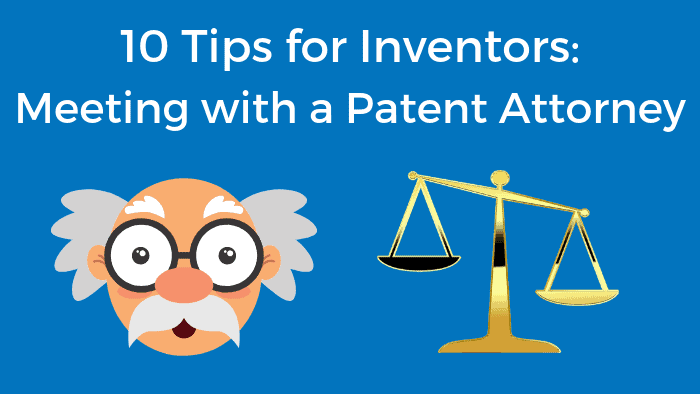
10 Tips for Inventors: Meeting with a Patent Attorney
Alright, so you’ve come up with a list of questions to ask a Patent Attorney. Good for you!
You might be thinking:
"Great, I just need to explain my invention in great detail, and they will take it from there! Right?"
Wrong!
